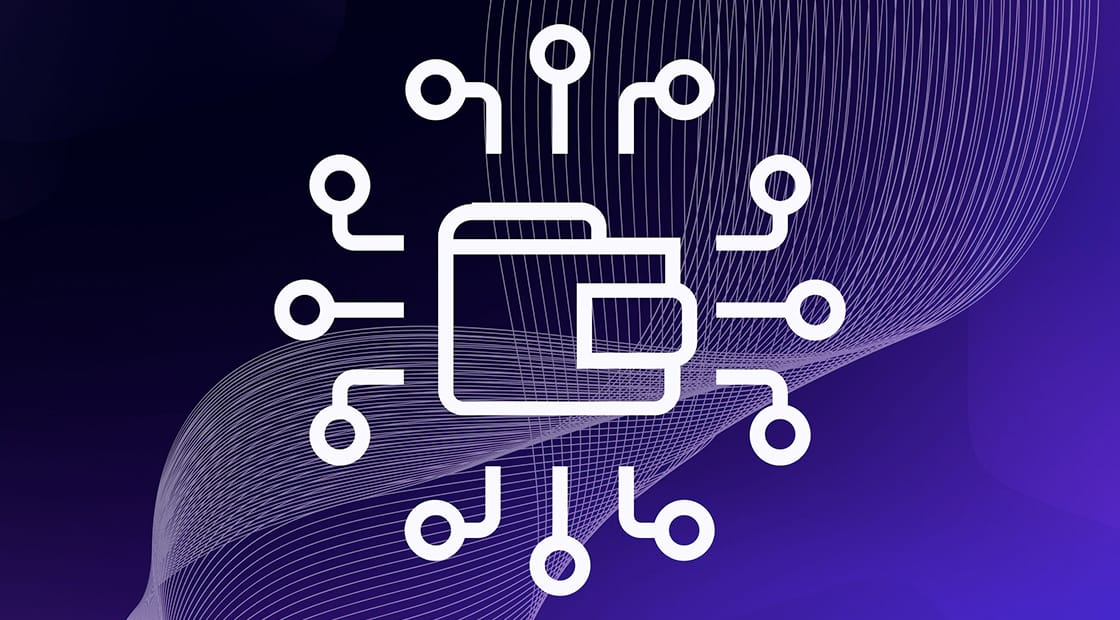Security Briefing: $300 million stolen from Japanese exchange, Gemini returns billions
Stolen bitcoin is on the move to the chagrin of one exchange, and another exchange is doing its part to make customers whole. Learn more in this week's briefing.

Report: More than $300 million in BTC stolen from Japanese exchange
Japanese crypto exchange DMM Bitcoin reported Friday that it lost more than $300 million in an "unauthorized leak."
The alleged theft took place around 4 a.m. London time when an on-chain transaction surfaced sending 4,502 BTC to another address. DMM said bitcoin deposits on the platform would be "fully guaranteed," according to a translation of the statement on its website posted in Japanese.
🔑 Key Insight: The price of bitcoin reached new highs against the yen in May, and bull markets have a tendency to interest hackers as well. Ultimately, the only way to know for sure if an exchange truly has your BTC in reserve is to withdraw it.

Gemini Earn users receive $2 billion in recovered assets
Crypto exchange Gemini announced Wednesday that its Earn customers had received $2.18 billion in recovery distributions of digital assets in kind.
Gemini Earn was a lending program through which Gemini customers could deposit assets and earn yield. Crypto brokerage Genesis was able to leverage those assets to earn revenue.
Beginning in November 2022, Gemini Earn customers were unable to withdraw their assets because Genesis lacked sufficient reserves, according to the SEC. Genesis filed for bankruptcy in January 2023.
According to a statement from Gemini, Wednesday's distributions comprised 97% of digital assets in the Earn program, and users should receive the remaining balance within the next year. Gemini also contributed $50 million to the recovery effort.
In a statement, Gemini described the effort as a "232% recovery" due to the change in crypto prices since Genesis stopped withdrawals.
🔑 Key Insight: An "in-kind" distribution is when someone pays or returns assets, goods, or services to you rather than simple currency. This delineation is especially critical in crypto disputes because it can mean the difference between receiving cash and receiving an asset like bitcoin.
For instance, in the FTX bankruptcy case, creditors are due to receive cash based on November 2022 valuations rather than the recent bull market gains.

Introducing wallet descriptors: Unlocking interoperability for the bitcoin ecosystem
We released a new feature this week to help you do more with your bitcoin self-custody: wallet descriptors.
A wallet descriptor is also known as an “output descriptor” because it’s technically defining the conditions for creating and spending transaction outputs within a wallet. They provide you with visibility and interoperability with other software outside of Casa.
We're excited about their potential for our members. Interested in how they work? Check out this explainer.

🎉 Fun fact: More than 9 billion in Mt. Gox-linked bitcoin just moved for the first time in years. The exchange went bankrupt about a decade ago following a long-running hack, and creditors are due to receive reimbursements later this year. Learn more in this X thread from Casa co-founder and CEO Nick Neuman.
More than $9 billion in bankruptcy payouts from Mt. Gox are slated to happen later this year. So far, creditors have been looking at a 80% haircut in #bitcoin terms after a decade-long wait.
— Nick Neuman (@Nneuman) May 31, 2024
Most people today don't know much about Mt. Gox - here's why self-custody matters. pic.twitter.com/mvdh2DJmpm
Don't miss out on future updates
Leading-edge security is always changing. Our weekly Security Briefing can help you stay in the know on security, bitcoin, and other digital assets. Sign up for free and get future editions delivered straight to your inbox.

